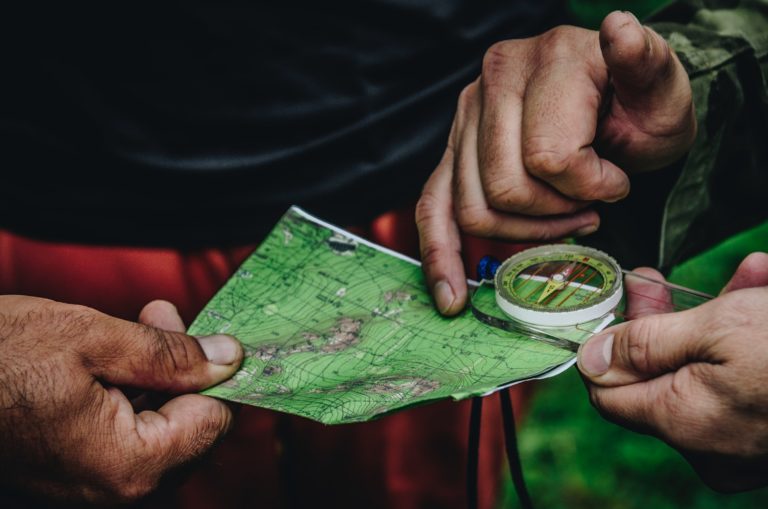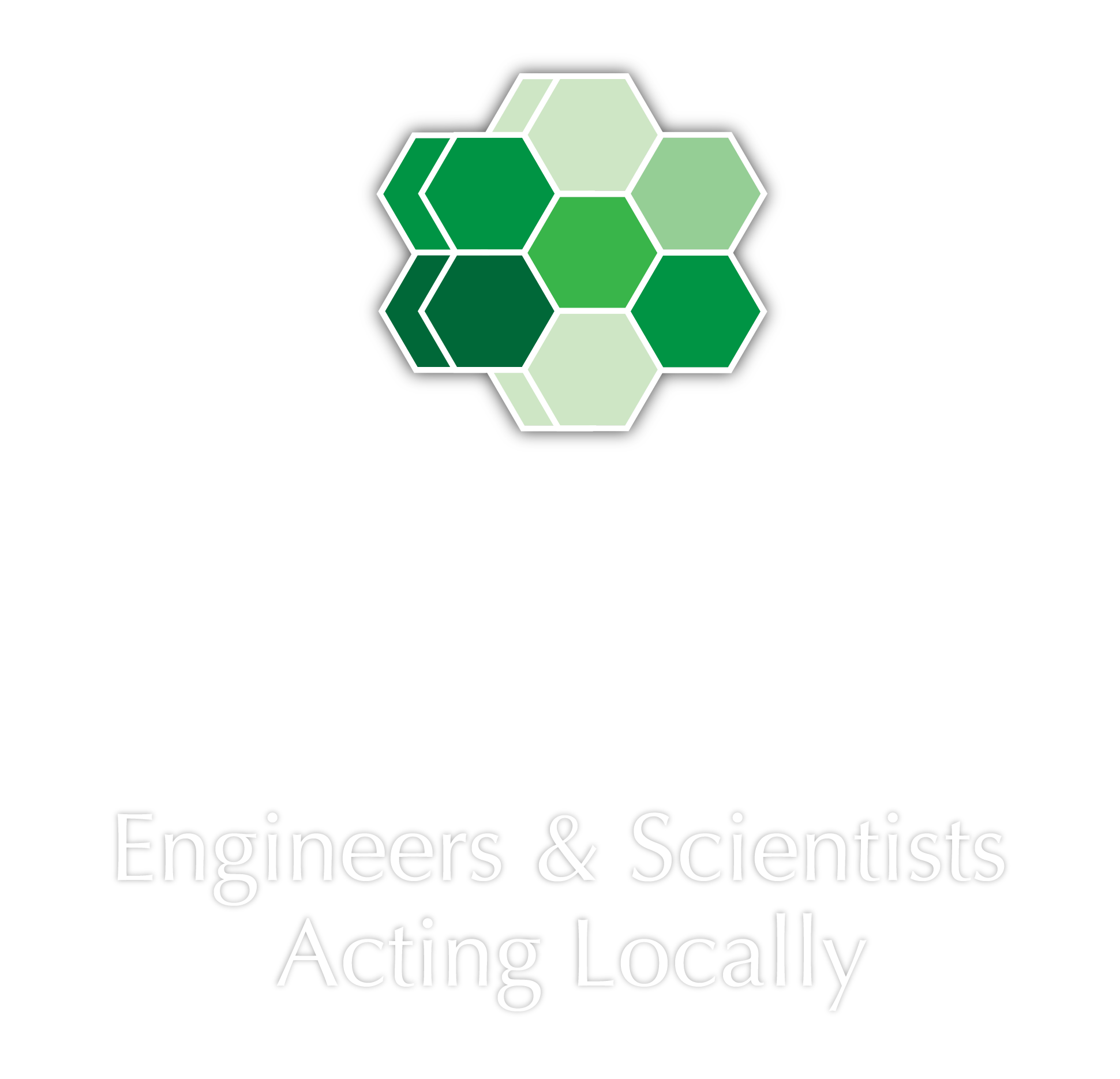On September 27th, the Idaho Science & Technology Policy Fellowship program hosted a session on Tribal Sovereignty, Governance, and Law, providing an informational overview of the legal, cultural, and governance structures that define tribal nations within the United States.



